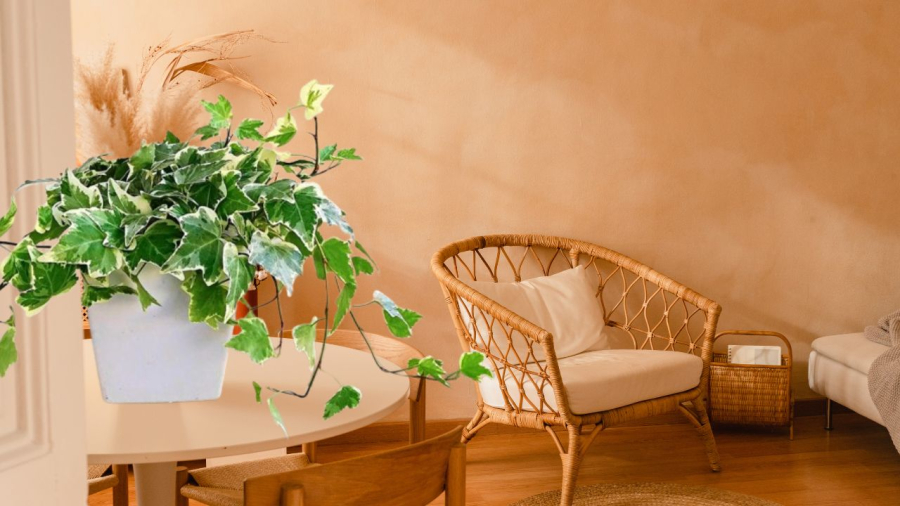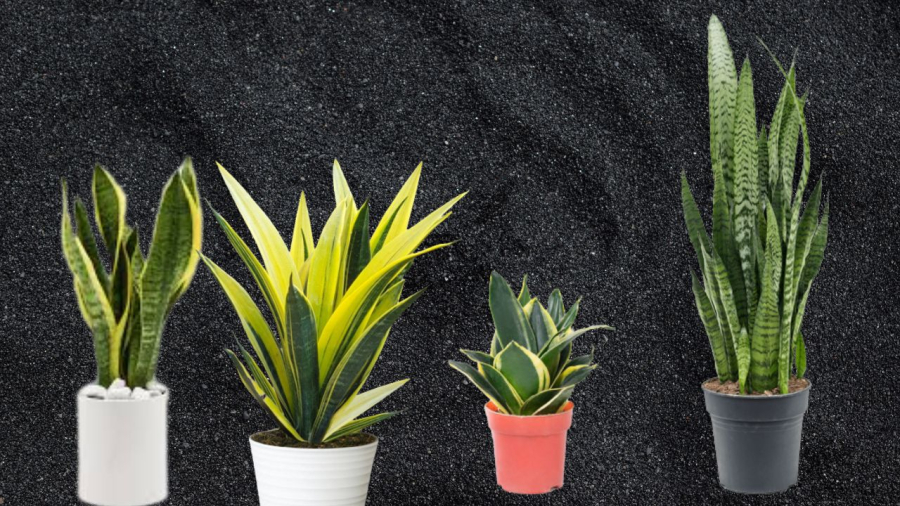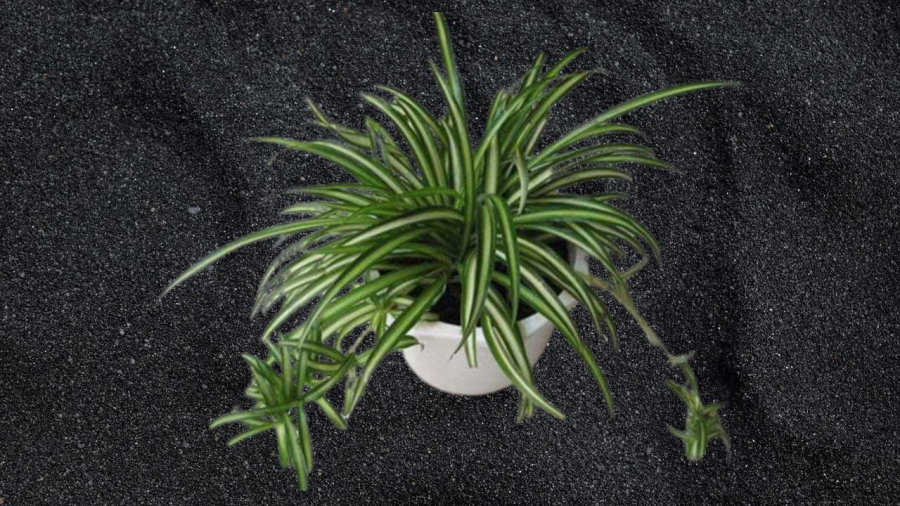Electromagnetic radiation from computers, phones, and electronic devices is a concern of modern times, as these devices can cause dry, dull, and acne-prone skin. They also have an impact on the eyes, brain, and sleep.
The following indoor plants are suitable for planting in an electromagnetic environment such as the living room or workspace. They not only serve as decorations but also help purify the air and specifically absorb and counteract electromagnetic radiation.

Snake Plant
The snake plant is a shade-loving plant that can be hung indoors for a refreshing green appearance. Its beautiful leaves are perfect for decorative purposes in the home or office. This plant does not require special fertilization or care and can still grow well. Simply choose a pot and place it on a desk or hang it near a window to absorb harmful radiation. The snake plant also helps purify the air, making the space healthier.
Jade Plant
The jade plant is also a suitable choice for reducing radiation from computers. It is a small, beautiful, succulent plant that is easy to grow and care for. Therefore, you won’t need to spend too much time on it. However, the jade plant prefers sunlight, so it should be placed near a window or on a desk with natural light and regularly exposed to sunlight.
ZZ Plant
The ZZ plant is a popular indoor plant that is easy to grow and develop. It is effective in absorbing radiation and is also a low-oxygen plant for humans.

ZZ plant is a popular indoor plant
Mother-in-Law’s Tongue
The mother-in-law’s tongue is an easy-to-grow and care for indoor plant. It is highly effective at absorbing radiation and toxic gases in the home. Simply place a few pots of mother-in-law’s tongue indoors or on a desk to improve the air quality. Additionally, this plant is extremely water-loving, so you can directly plant it in a large water container without the need for regular watering. The mother-in-law’s tongue creates a green and cool space throughout the year while reducing the harmful effects of electromagnetic radiation.
Dragon Tree
The dragon tree is also a great choice when placed near a computer. However, this plant has many sharp thorns, so be careful not to touch them. Additionally, the dragon tree loves sunlight, so make sure to regularly expose it to sunlight.

Sansevieria (Snake Plant) is both beautiful and radiation-absorbing
Spider Plant
The spider plant, also known as the spider ivy, has small white flowers and beautiful striped leaves, making it a cute addition to any indoor space. In addition to absorbing harmful gases, purifying the air indoors, the spider plant can also convert cancer-causing pollutants in the air such as formaldehyde into sugar and ammonia. This plant grows vigorously, and after a while, it will produce offspring. At this point, you can separate the offspring and plant them in other pots to decorate more areas or give them as gifts to friends and colleagues.
Aloe Vera
Aloe vera is not only an ornamental plant but can also be used to extract gel for beauty and culinary purposes. Aloe vera is also an excellent plant for reducing computer radiation. It is a succulent plant that is easy to grow, and even if you neglect it for a month, it can still thrive. Therefore, it is a suitable choice for busy individuals.
African Violet
The African violet is an indoor plant with beautiful flowers. It blooms in spring and is the best choice for absorbing harmful radiation. African violets are not only beautiful but also beneficial for health.
- Snake Plant: A shade-loving plant with decorative, refreshing green leaves. It requires minimal care and can be hung near a window to absorb radiation while purifying the air.
- Jade Plant: A small, beautiful, and easy-to-care-for succulent that helps reduce radiation from computers. It prefers sunlight, so place it near a window or in natural light.
- ZZ Plant: A popular and low-maintenance indoor plant effective in absorbing radiation. It is also a low-oxygen-emitting plant, making it ideal for indoor spaces.
- Mother-in-Law’s Tongue: Easy to grow and care for, this plant is highly effective at absorbing radiation and toxic gases. It loves water and can be planted directly in a large water container.
- Dragon Tree: A great choice near computers, but be cautious of its sharp thorns. It thrives in sunlight.
- Spider Plant: With small white flowers and striped leaves, it adds beauty to any indoor space. It absorbs harmful gases, purifies the air, and converts cancer-causing pollutants.
- Aloe Vera: A versatile succulent that is easy to grow and has multiple uses. Beyond radiation reduction, it is also valued for its gel in beauty and culinary applications.
- African Violet: An indoor plant with stunning flowers that bloom in spring. It is the best choice for absorbing harmful radiation while adding beauty and health benefits to your space.
9 Indoor Plants That Don’t Get Along with Pets
 Plants That Don’t Get Along with Pets’>
Plants That Don’t Get Along with Pets’>If your pet ingests leaves from certain indoor plants such as peace lilies, aloe vera, or South American rubber plants, they could become poisoned.





































